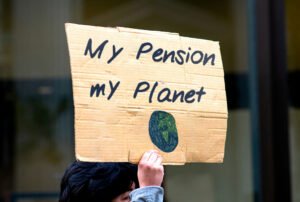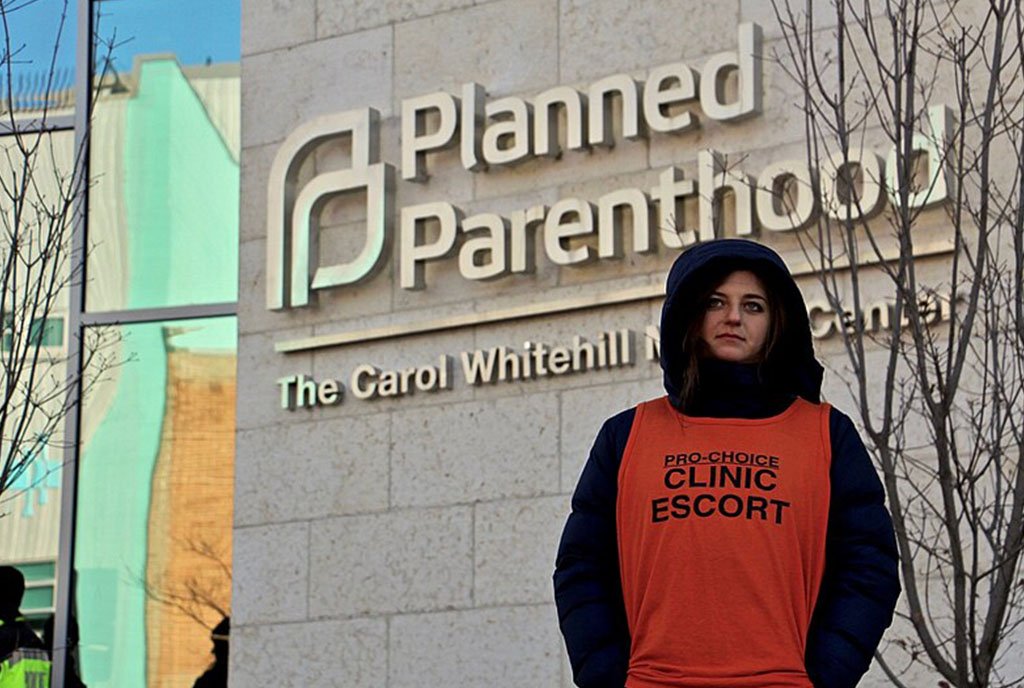
June 18, 2015; CNN
Pope Francis I issued a papal encyclical on the environment Thursday and few on Earth were not blamed for the current state of the planet. The 184-page document titled Laudato Si (“Praise Be to You”) and subtitled “On Care for Our Common Home” endorses current theories on climate change, asserting that human industrial activity has accelerated the warming of the Earth’s surface, endangering the world’s population and the Earth itself.
Climate change skeptics and political conservatives have criticized the encyclical for inserting the Catholic Church directly into scientific and political controversies, in effect taking sides in the climate debate. Political liberals and those who believe changes in human activity can slow or even reverse global warming are applauding Francis’s entry into the debate.
Sign up for our free newsletters
Subscribe to NPQ's newsletters to have our top stories delivered directly to your inbox.
By signing up, you agree to our privacy policy and terms of use, and to receive messages from NPQ and our partners.
Francis isn’t the first pope to address the environment and the Church’s role in protecting it. Both the relatively “liberal” Paul VI in 1971 and “conservative” Saint John Paul II wrote about the need for conservation and environmental awareness. However, Francis is the first to address the subject in terms of human trusteeship of the Earth rather than human dominion over the world’s resources.
The CNN article goes beyond the climate change headlines to discuss some of the theological underpinnings of the encyclical. Laudato Si touches on a recurring theme in Francis’s writings—the perils of the “throwaway society” where everything from plastic bottles to the world’s poor and unborn children are regarded only in terms of their short-term utility or inconvenience to those exercising power over them. Francis says: “We are faced not with two separate crises, one environmental and the other social, but rather with one complex crisis which is both social and environmental.” He cautions that “the world’s problems cannot be analyzed or explained in isolation.” To Francis, the problems associated with trusteeship of the Earth are holistic, so the solutions must also be holistic.
The encyclical places significant blame for the Earth’s current moral and environmental state on technological innovation. Francis’s own suggested solutions lean toward personal and societal simplification—consume less, take the bus, be open to God’s inspiration, etc. Ironically, most climate change initiatives place heavy reliance in new, more efficient technologies to replace the old, harmful ones in the belief that emerging science can rescue us from past science. While many praise the scientific findings of the encyclical, relatively few pay attention to the underlying philosophical and religious rationale, perpetuating the fatal flaw that Francis identifies of treating issues in isolation.
Francis has used his influence to focus additional attention on the issues surrounding climate change as several international climate-related conferences are slated for later this year. Many Catholic and Protestant churches have pledged to use the encyclical’s teachings in communications with their members. Observers have said Francis has placed the Catholic Church squarely in the middle of the most controversial scientific debate since the early Renaissance and Galileo. Then, as now, the key to papal credibility is to get both the science and the dogma right.—Michael Wyland











